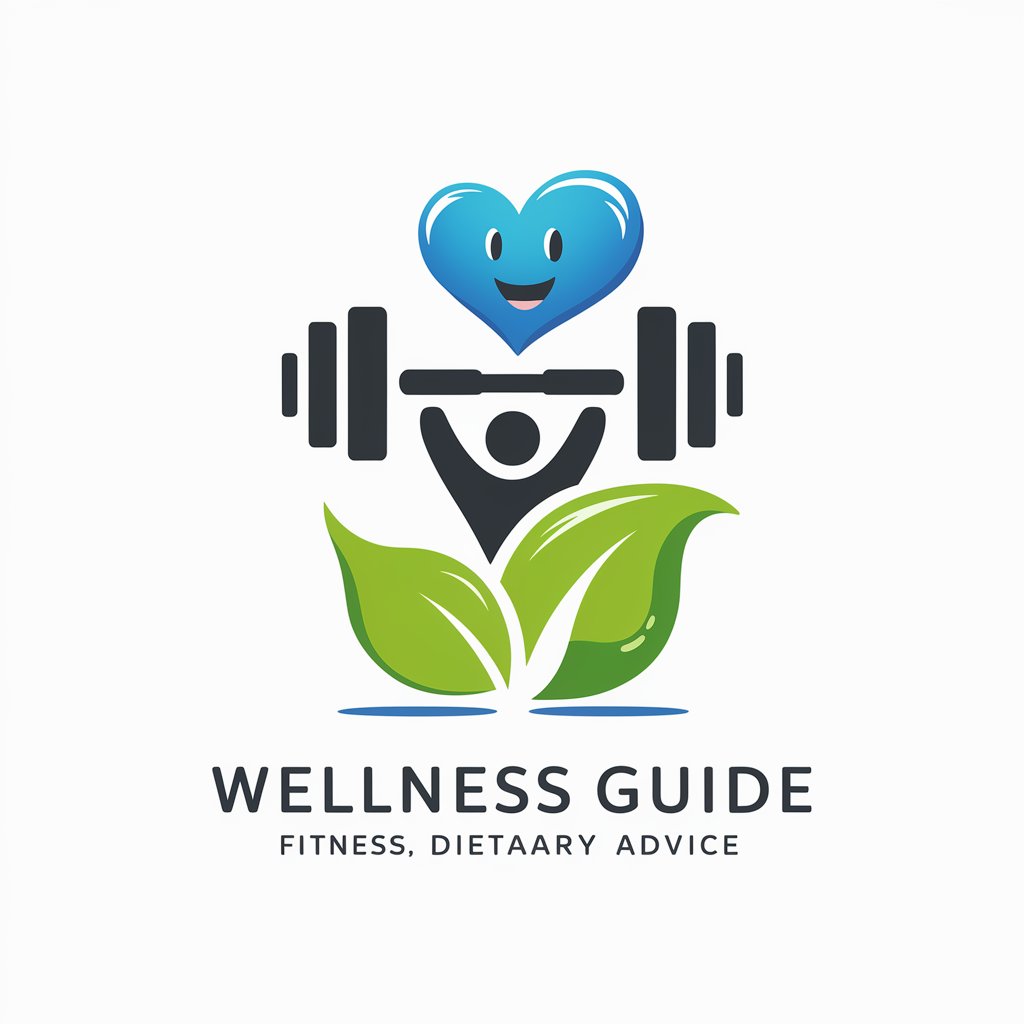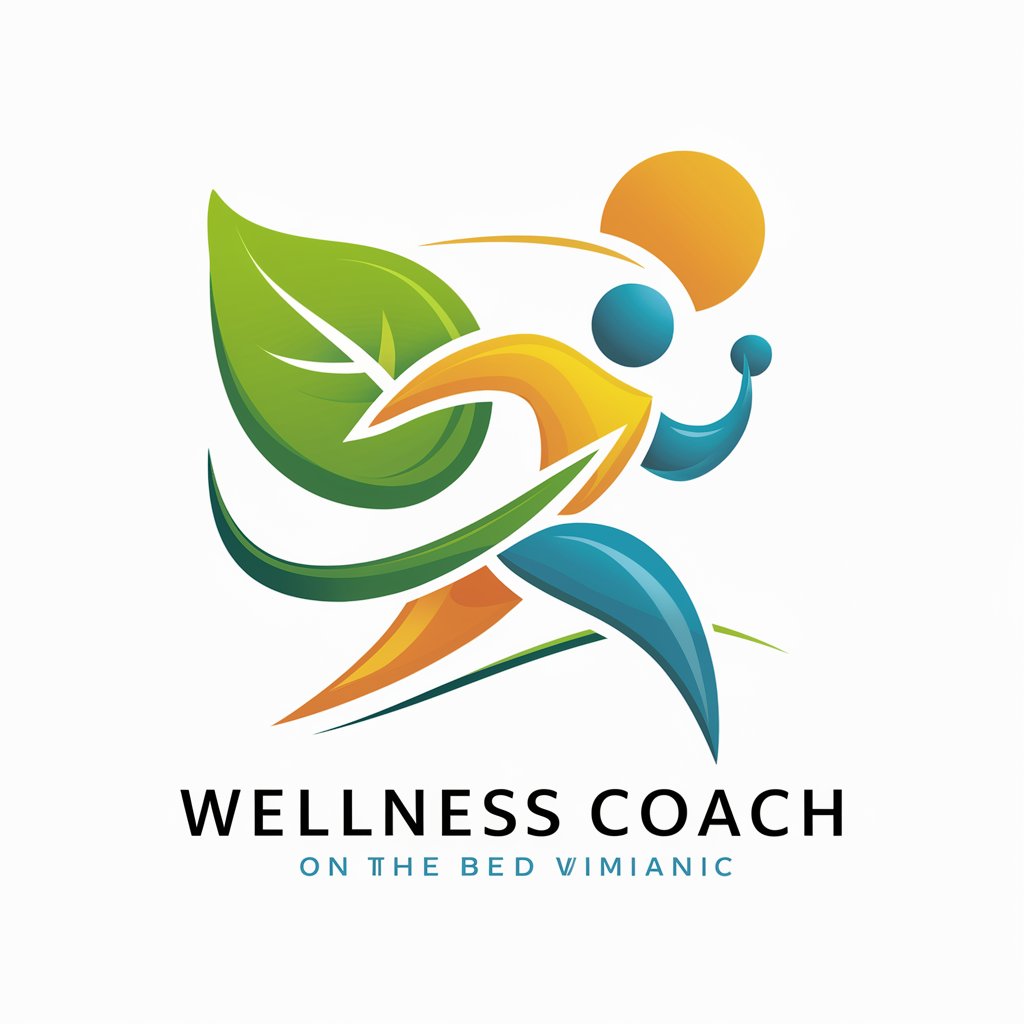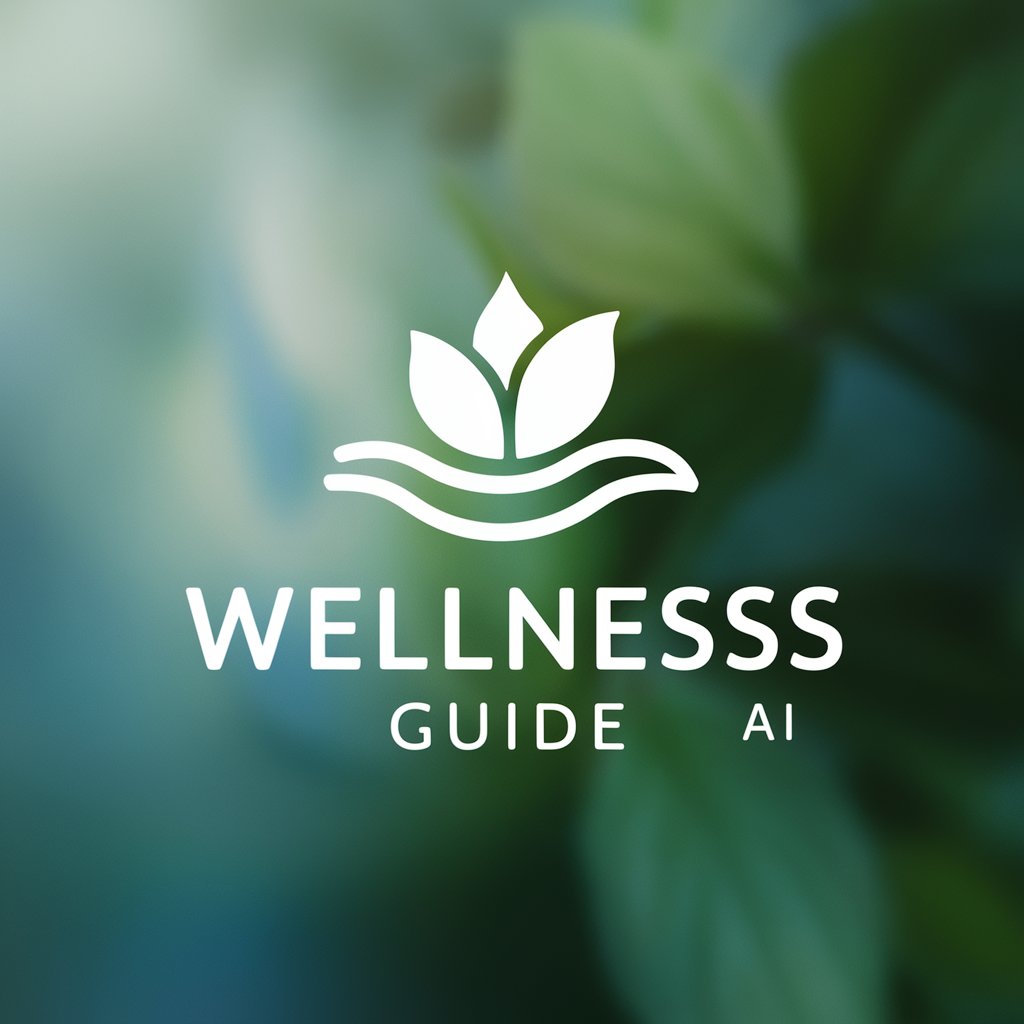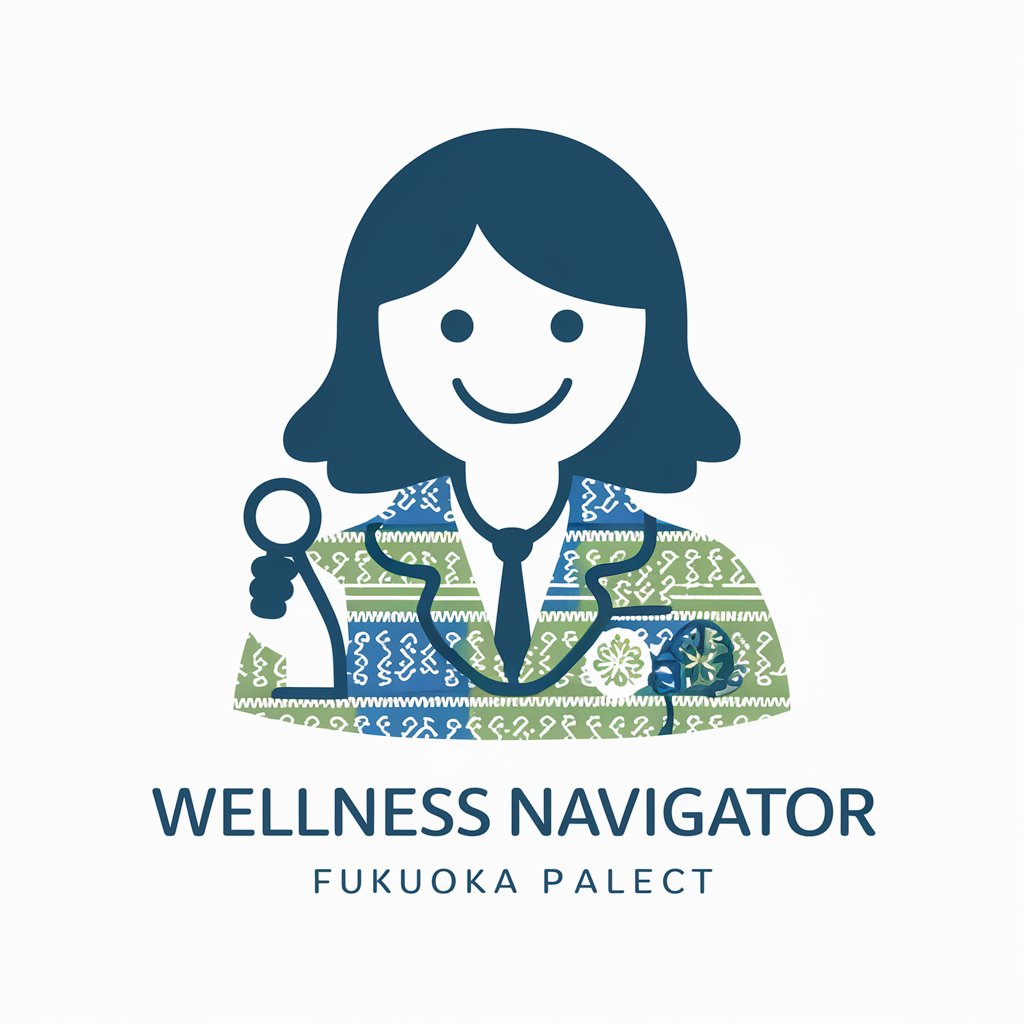
Injury Prevention and Wellness Programs - tailored wellness advice
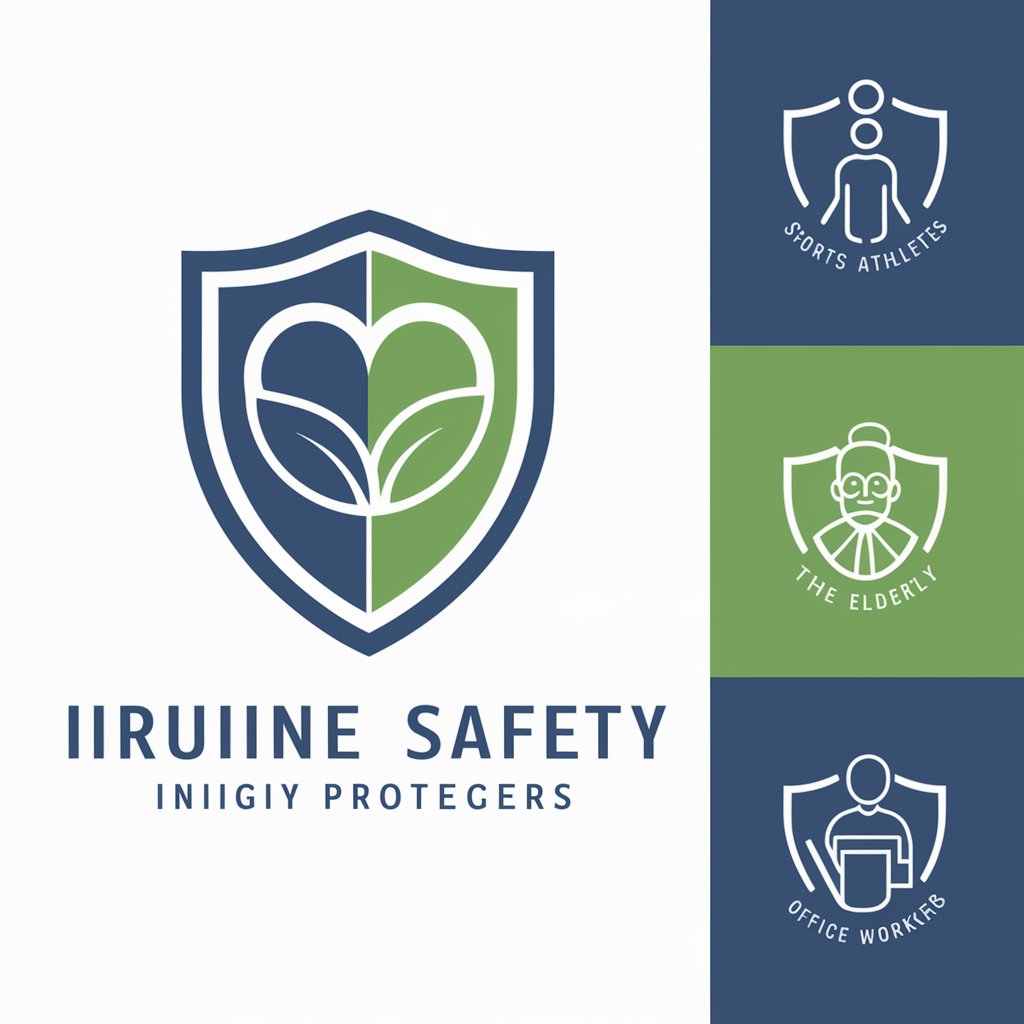
Welcome! Let's explore injury prevention and wellness tailored to your needs.
AI-powered injury prevention
Can you suggest some exercises for elderly individuals to prevent falls?
What are some ergonomic tips for office workers to avoid repetitive strain injuries?
How can athletes prevent common sports injuries during training?
What lifestyle adjustments can help improve overall wellness?
Get Embed Code
Overview of Injury Prevention and Wellness Programs
Injury Prevention and Wellness Programs are designed to promote health and prevent injuries across various populations through structured initiatives and resources. These programs encompass a range of activities from exercise routines tailored to specific needs, to educational workshops on wellness practices. For instance, a program may include workshops on proper lifting techniques for warehouse workers to reduce back injuries, or balance-enhancing exercises for the elderly to prevent falls. The design purpose is multifaceted, aimed at reducing the risk of injury, enhancing physical and mental health, and promoting overall well-being through proactive and preventive measures. Powered by ChatGPT-4o。

Core Functions of Injury Prevention and Wellness Programs
Educational Workshops and Seminars
Example
Ergonomics training for office workers to prevent repetitive strain injuries
Scenario
An office organizes a seminar where employees learn about optimal desk setups and regular movement breaks to mitigate the risk of carpal tunnel syndrome and neck strain.
Tailored Exercise Programs
Example
Strength and flexibility training for athletes to prevent sports-related injuries
Scenario
A soccer team participates in a specially designed warm-up program that includes dynamic stretching and core strengthening to prepare their bodies for the game and reduce the incidence of muscle tears and sprains.
Wellness Initiatives
Example
Mindfulness and stress management sessions for healthcare workers
Scenario
A hospital implements regular mindfulness sessions for its staff to help manage stress and prevent burnout, fostering a healthier work environment and improving patient care.
Target User Groups for Injury Prevention and Wellness Programs
Athletes
Athletes often engage in repetitive and high-impact activities that increase their risk of injury. Tailored programs can provide them with specific exercises and recovery protocols to enhance performance and minimize the risk of injury.
Elderly
Older adults are at a higher risk of falls and related injuries due to factors like decreased bone density and muscle strength. Programs focusing on balance, strength training, and safe mobility can significantly reduce their risk of falls and improve their overall quality of life.
Office Workers
This group commonly faces musculoskeletal issues from prolonged sitting and poor ergonomic practices. Injury prevention programs that emphasize proper ergonomics, regular movement, and posture correction can alleviate and prevent chronic conditions such as back pain and repetitive strain injuries.

How to Use Injury Prevention and Wellness Programs
Initial Trial
Start by visiting yeschat.ai for a no-cost, registration-free trial of the platform, allowing immediate access to injury prevention and wellness programs.
Choose Your Program
Select a program tailored to your specific demographic, such as athletes, office workers, or the elderly, based on your personal wellness goals and needs.
Engage Consistently
Regularly engage with the provided exercises and wellness advice. Consistency is key in preventing injuries and improving overall health.
Monitor Progress
Use tools and features within the platform to track your progress. Monitoring improvements can help adjust programs for better results.
Seek Expert Advice
Consult healthcare professionals to complement the digital guidance with personalized advice, ensuring your wellness journey is supported scientifically.
Try other advanced and practical GPTs
Brain Injury Buddy
Empowering recovery through AI
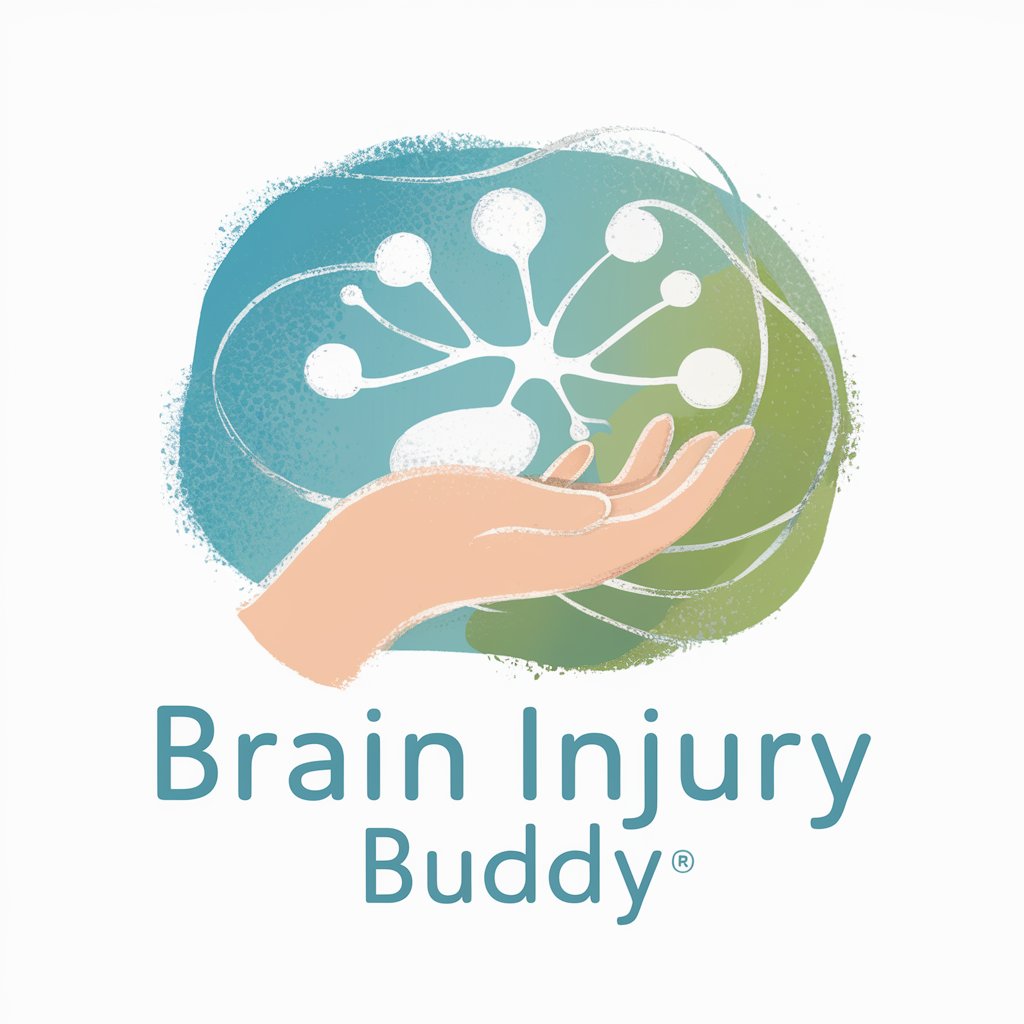
Injury Prevention Tips
Stay Safe with AI-Powered Fitness Tips
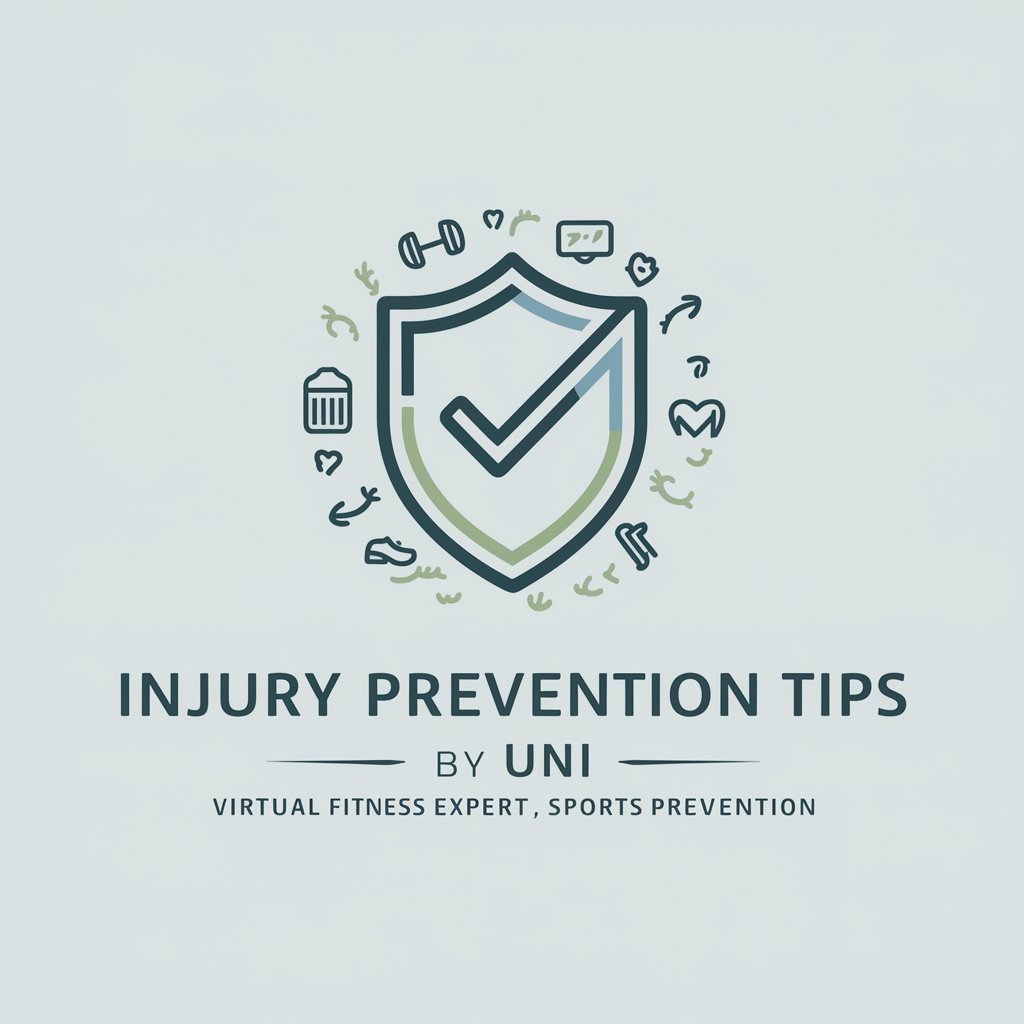
Personal Injury Lawyer Orlando
Navigating Injury Law with AI

Too much MBTI Talker
Empower Your Relationships with AI

Gone Too Far?
Elevate Your LinkedIn Presence with AI

You Too Brrr
Enhance your YouTube presence with AI-driven creativity.

SportMed Plan Architect: Injury Prevention Expert
Empower, Prevent, Excel with AI
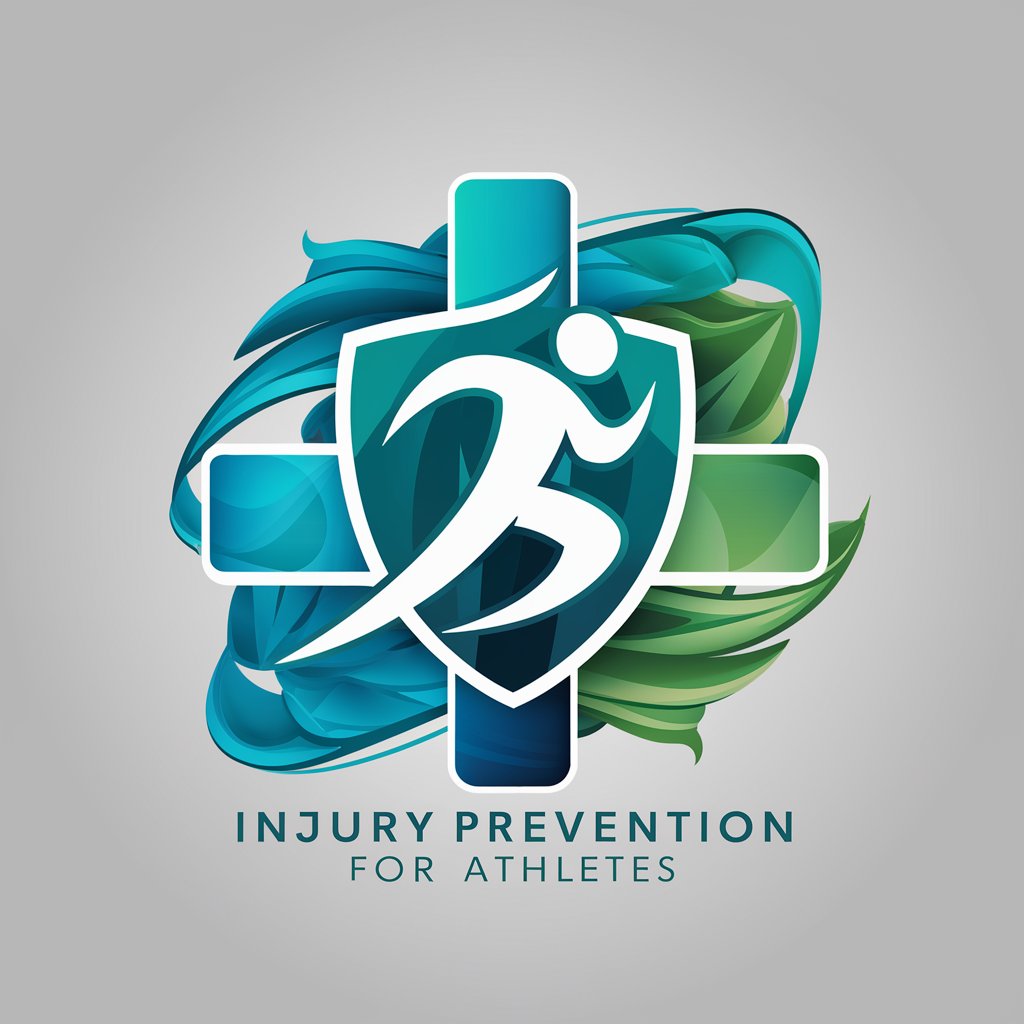
Injury Claim Counselor
AI-powered Personal Injury Claim Advisor

Injury Prevention Tips
Prevent Injuries with AI Guidance
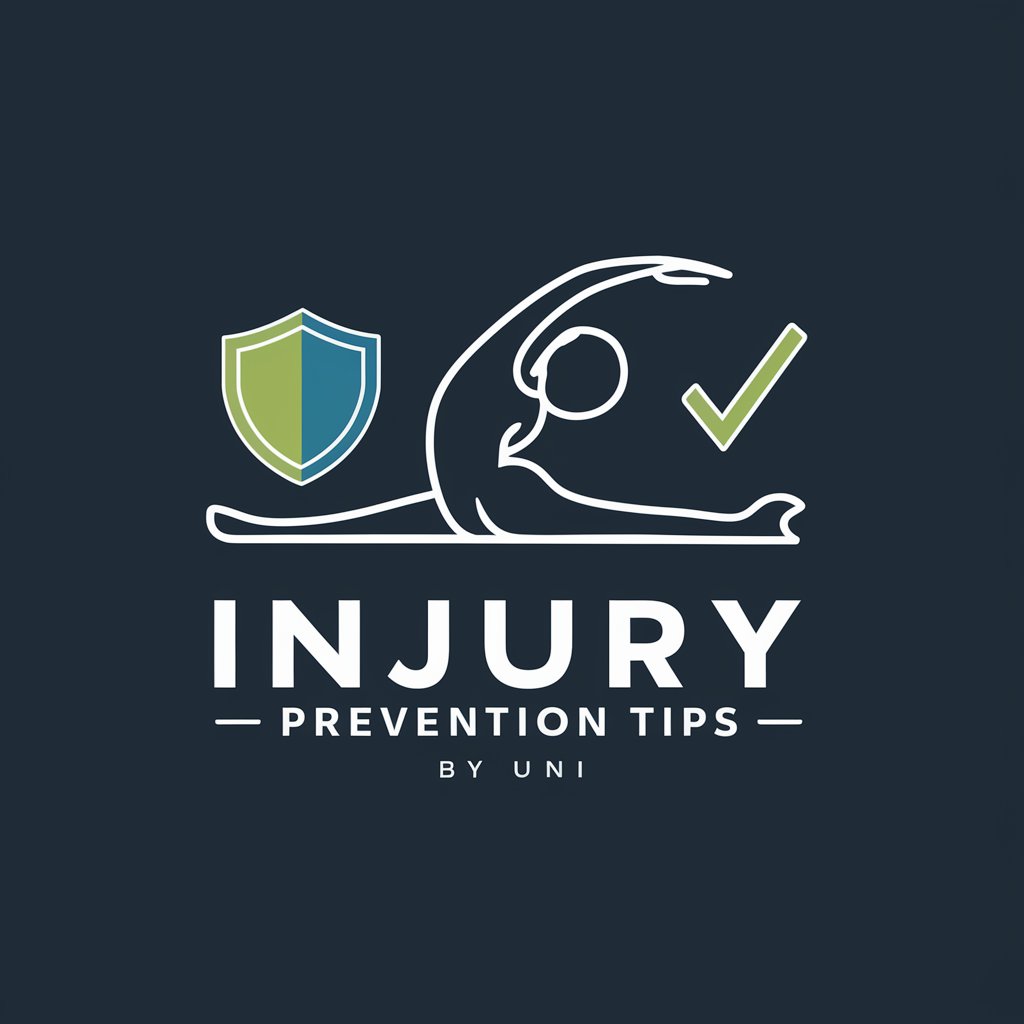
Personal Injury Law Guide
Navigate Injury Law with AI
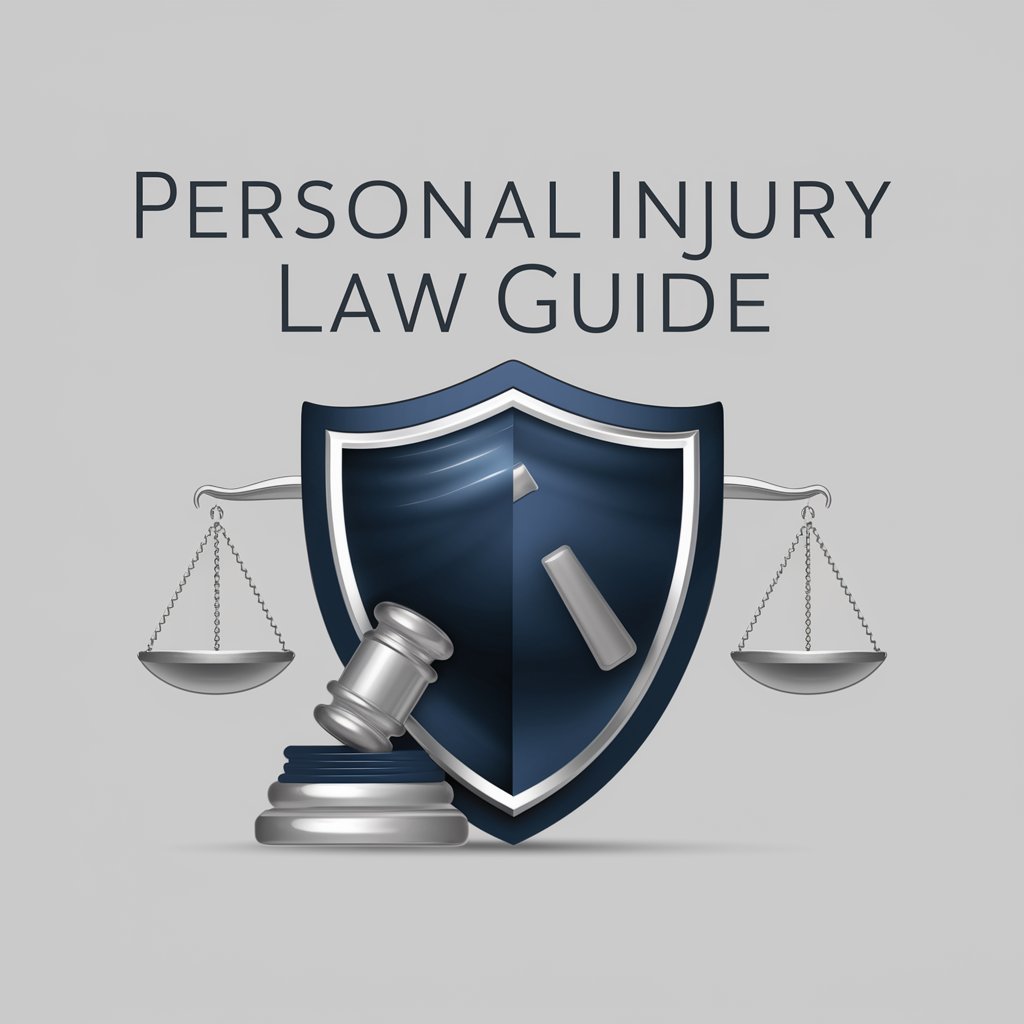
Nutrition and Pressure Injury
Optimize healing with AI-driven nutrition and care insights

Running Injury Guide GPT
AI-powered guidance for running injury care
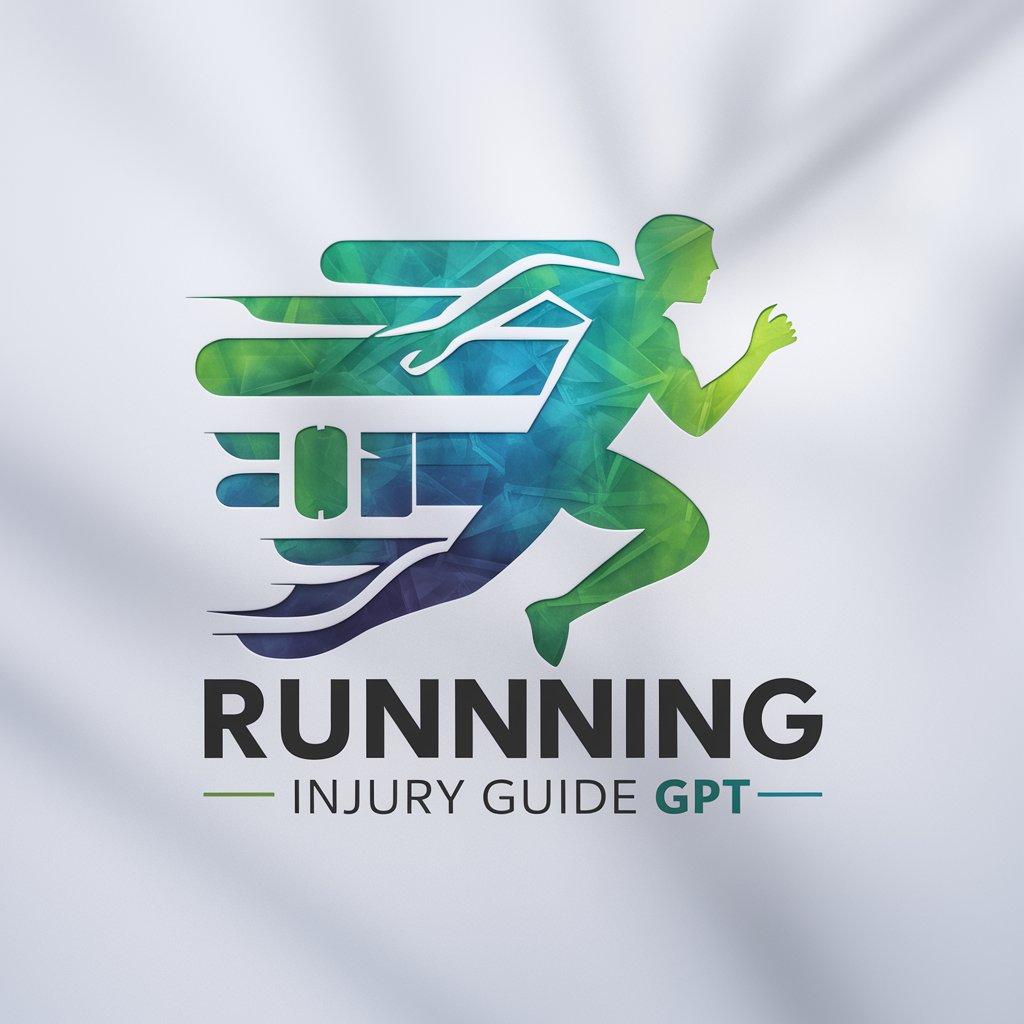
Frequently Asked Questions about Injury Prevention and Wellness Programs
What are the primary benefits of using Injury Prevention and Wellness Programs?
These programs are designed to reduce the risk of injuries, promote physical health, and enhance overall well-being through structured exercise regimens and lifestyle tips, specifically tailored to different user needs.
Can these programs help with existing injuries?
While primarily focused on prevention, these programs can also offer guidance on managing mild to moderate existing injuries. However, it's crucial to consult with a healthcare provider for injuries requiring medical attention.
How often should I engage with my selected program?
Engagement frequency can vary based on individual fitness levels and goals. A typical recommendation might be 3-4 times a week, ensuring there's adequate time for recovery.
Are these programs suitable for all ages?
Yes, the programs are designed to cater to various age groups, including specific adaptations for the elderly to enhance balance and strength, thereby preventing falls.
How does AI enhance these wellness programs?
AI algorithms analyze user input and performance metrics to tailor recommendations and adjustments, optimizing the effectiveness of workouts and preventive measures for individual users.
